In the dynamic landscape of academia, postgraduate students play a pivotal role in shaping the world of research. As educational institutions strive to provide comprehensive learning, managing student training and development becomes essential. With the right strategies, research organizations can better analyze their training needs, design effective training initiatives, and upgrade their efforts using innovative solutions.
Analyze the needs
Enhancing the research capabilities of postgraduate students requires a customized approach to address specific requirements. To embark on this journey, organizations must first analyze the training essentials necessary to excel. Next, perform a comprehensive assessment of both the student body and the research department.
For students, focus on identifying needs and interests as well as where they lack proficiency. This can be accomplished via one-on-one meetings or collectively through surveys and questionnaires.
For the research department, conduct an internal review to determine any limitations and improvement opportunities. Take the time to discuss relevant issues with other personnel within the department. By utilizing internal data, meeting with faculty, and soliciting student feedback, research administrators can evaluate what is lacking and adjust their training programs accordingly.
Technology can serve as an invaluable tool for not only gathering feedback but also fostering collaboration. Platforms that enable communication among postgraduate students, professors, supervisors, and research administrators can facilitate the exchange of ideas and suggestions. Leveraging technology allows institutions to harness the collective intelligence of their academic community.

Develop training initiatives
Armed with an understanding of their needs, research organizations can create impactful training initiatives.
For the best outcomes, determine which training needs will most impact performance and help the institution reach its research goals. Then, develop training initiatives accordingly.
Ideally, these initiatives will encompass a variety of activities, from seminars and workshops to one-on-one mentorships. By offering diverse training opportunities, research organizations can cater to different learning preferences, encouraging participation and enhancing a range of skills.
If resources are limited, it may be more effective to first consider the costs. Low-cost options include reading books/materials, assignments, knowledge-sharing groups, webinars, internal coaching, mentoring, volunteer opportunities, and social networking. Moderate-to-high-cost options may involve off-site (or on-site) training workshops, conferences, certifications, external coaching, paid e-learning courses, or external training services.
Training materials may be crafted in-house or sourced from third-party trainers as long as they address the needs identified within the organization. Materials that aren’t relevant are less likely to support development efforts.
Use technology to monitor participation. Choose platforms that integrate training and skill logs to track the time postgraduate students spend in training. These tools can be accessed by supervisors and administrators, ensuring transparency and accountability in the training process.
Upgrade training efforts with Cayuse
As institutions strive to cultivate the next generation of researchers and scholars, embracing solutions that empower postgraduate students to thrive is imperative. For example, Cayuse’s innovative Graduate Education Manager reduces administrative burden across the research department and boasts a suite of features tailored to the unique needs of postgraduate training and development, such as:
- Organizing events online: With the power of digital tools, research organizations can effortlessly organize training events, workshops, and seminars, creating a centralized hub for learning opportunities.
- Publicizing tailored events: The platform enables institutions to tailor training events to specific student needs, ensuring their training efforts align precisely with identified gaps.
- Managing attendance: Tracking attendance becomes hassle-free, allowing organizations to ensure maximum participation and engagement.
- Integrating skills and training logs: With a comprehensive log of acquired skills and completed training, students and institutions have a tangible record of their progress.
By integrating solutions like Graduate Education Manager that align perfectly with the requirements of modern academia and higher education, research administrators can optimize the training and development of postgraduate students and ultimately prepare them for successful and rewarding careers.


